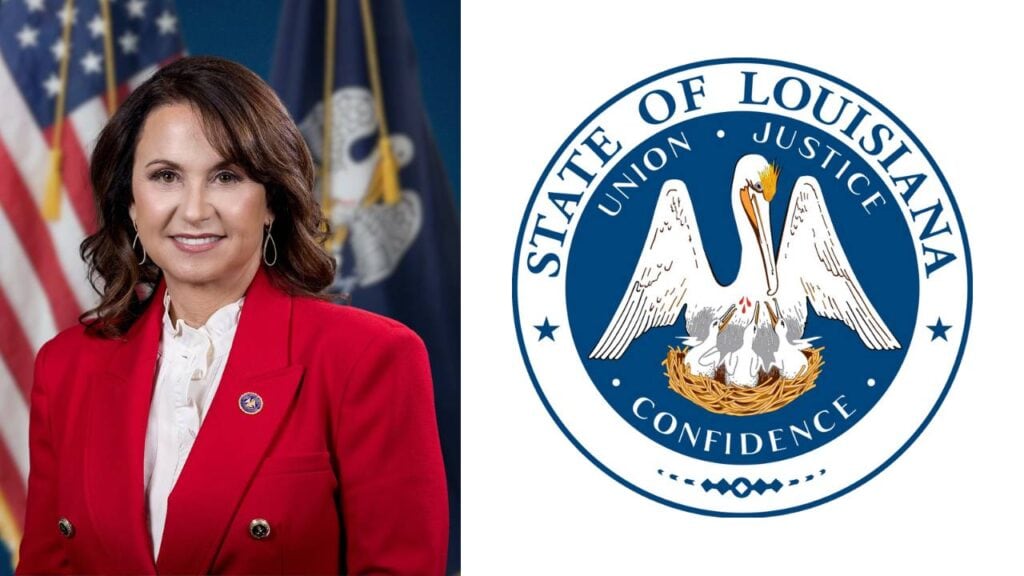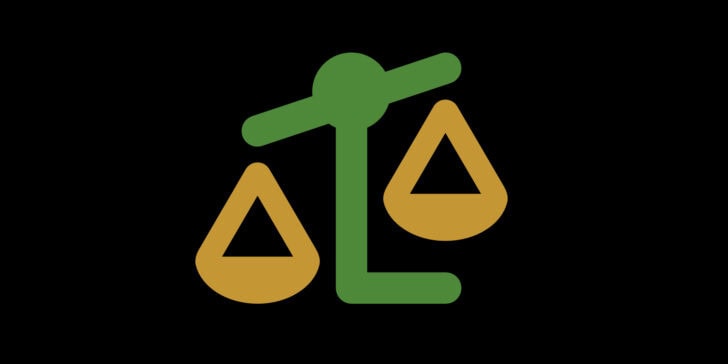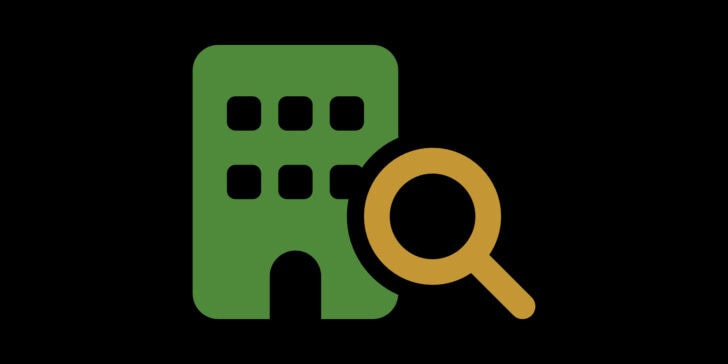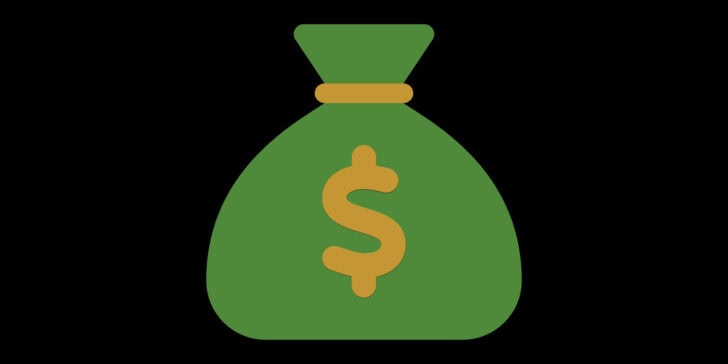Louisiana Attorney General Liz Murrill has issued a legal opinion determining that sweepstakes casinos constitute illegal gambling under Louisiana law.

The letter was written in response to Senator Rick Edmonds, who requested clarity on the subject after Governor Jeff Landry vetoed an anti-sweepstakes bill (SB181) last month.
After vetoing the proposal, Landry sent a letter to the Senate outlining his reasons and arguing that the sweepstakes vertical was already illegal under current Louisiana law, rendering the bill “not necessary”.
AG Murrill’s comprehensive letter agrees with this, providing insight into current state law and its applicability to sweepstakes casinos. A legal opinion such as this clarifies enforcement authority, strengthening the position of regulators and law agencies seeking to take action against sweeps casinos. It also signals to operators that the business model does not have legal protection in Louisiana, and it could trigger many brands to withdraw from the Pelican State.
The Dual-Currency Format Employed by LA Sweeps Casinos
Sweepstakes casinos function via a dual-currency format, where Gold Coins (GC) are used for purely free play and Sweepstakes Coins (SC) are used for promotional play, with the latter leading to the possibility of real cash prizes via redemption. Sweepstakes casinos argue that this successfully obfuscates the usual step of wagering cash directly – AKA ‘consideration’ – which is required for an activity to be classed as gambling.
This is a technique first innovated by sweepstakes cafes, a type of establishment which spread rapidly across the US during the 2000s. These were soon outlawed in many jurisdictions, but the same concept transferred to online sweeps casinos like Chumba Casino in the early 2010s. These websites and apps continue to operate in a legal gray area in most states, using a system designed to comply with sweepstakes laws rather than traditional gambling regulations.
This has allowed the industry to thrive over the last decade or so, and while some brands such as McLuck, High 5, and Pulsz have withdrawn from Louisiana, many remain, including Chumba (ended Sweeps Play in Louisiana in response), Stake.us, and Fortune Coins.
Ambiguity over whether sweepstakes casinos are technically legal continues to create a gray area in many states, but AG Murrill’s opinion has put the question beyond doubt in Louisiana with an explicit judgment.
“Following a review of applicable Louisiana statutes and legal precedent, it is the opinion of this office that online businesses offering casino style games—purporting to be sweepstakes or social gaming platforms—are operating in violation of Louisiana law. These activities constitute illegal gambling and illegal gambling by computer under multiple provisions, including but not limited to La. R.S. 14:90, La. R.S. 14:90.3, and La. R.S. 51:1721 et seq.”
On the subject of dual currency specifically:
“An attempt to alter or disguise consideration does not circumvent illegality.”
Sweepstakes Cafe Successors
Then, the letter goes on to compare the vertical to sweepstakes cafes, pointing out that a law was passed in Louisiana in 2014 to outlaw such cafes:
“The Louisiana Legislature unanimously passed La. R.S. 14:90.7, which criminalizes the operation and promotion of games, contests, or lotteries where participants risk something of value to win a prize through electronic gaming devices or simulated gambling displays.”
The letter then states that legal sweepstakes can indeed exist in the state, provided they follow Louisiana sweepstakes law. Companies such as McDonald’s and Starbucks often make use of this type of promotion, but Murrill believes that sweepstakes casinos do not follow these laws:
“The winners of any sweepstakes promotion must be revealed through one the following: (1) posting on a printed list, (2) use of scratch-off tickets or cards, (3) through the use of pull-tab tickets or cards, and (4) by contacting the winner in writing or through telephone communication, in addition to the use of computers or computer systems as outlined in La. R.S. 51:1727. Clearly, paying for virtual coins and playing casino-style games, such as slots, poker, and bingo, and winning money or prizes for such does not comply with Title 51 and, therefore, are not legal sweepstakes.”
One section which may raise a few eyebrows states that sweeps casinos “do not adequately verify age, do not geolocate the players, do not perform proper ‘know your customer’ steps”, although SweepsKings maintains that many sites do implement age verification and KYC protocols.
Murrill is not the first Attorney General to wade into the sweepstakes issue, with New York’s AG Letitia James sending out cease and desist letters to operators in the Empire State last month. However, Murrill’s letter is one of the most comprehensive judgments on the legality of the format that we’ve seen.
In fact, the Louisiana Gaming Control Board (LGCB) issued cease and desist letters to multiple sweeps platforms last month, and it seems the state is fast becoming one of the most hostile jurisdictions for the vertical.
Murrill’s opinion reminds readers that her office has the power to hand out punishments and fines for offenders, and also highlights the role of marketers and other stakeholders in the supply chain:
“The Attorney General’s office has vast civil enforcement powers with remedies including, but not limited to, injunctive relief, restitution, disgorgement of profits, sequestration of asserts [sic], and civil penalties. Additionally, it can pursue action against other actors who materially assist, aid, abet, or promote illegal gambling operations.”
It will be interesting to see the response from operators over the coming weeks, and we’ll keep you updated with any withdrawals from Louisiana, should we hear about them.



